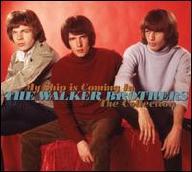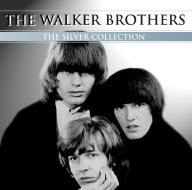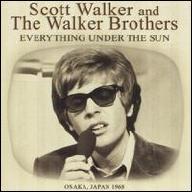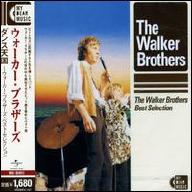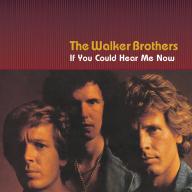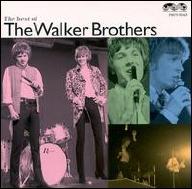While the Walkers looked the part of British Invaders with their shaggy mop-top hairstyles, they were far more pop than rock. Nor did they play on most of their records. With producer Johnny Franz and veteran British arrangers like Ivor Raymonde (who also worked with Dusty Springfield) and Reg Guest, they favored orchestrated ballads that were a studied attempt to emulate the success of another brother act who weren't really brothers: the Righteous Brothers. Not as soulful as the Righteous Brothers, lead singer Scott Walker's deep croon betrayed strong debts to non-rock vocalists like Tony Bennett and Frank Sinatra. While their biggest hits were covers of songs by American pop songwriting teams like Bacharach-David and Mann-Weil, Scott (and occasionally John Walker) could write brooding originals in a more personal, less overblown style when given the chance.
In the intensely competitive days of 1967, the Walkers' brand of pop suddenly become passé, and the group disbanded in the face of diminishing success and Scott's increasingly fruitful solo career. Scott ran off a series of Top Ten British solo albums in the late '60s, which have attracted a sizable cult with their idiosyncratic marriage of Scott's brooding, insular songs and ornate orchestral arrangements. Gary Walker released a few singles and an album with his group the Rain in a much harder-rocking guitar-oriented format. The Walkers reunited for a while in the mid-'70s, which produced a final British hit (No Regrets). Much of the Walkers' story is retold in the biography -Scott Walker: A Deep Shade of Blue, published only in Britain. ~ Richie Unterberger, Rovi


